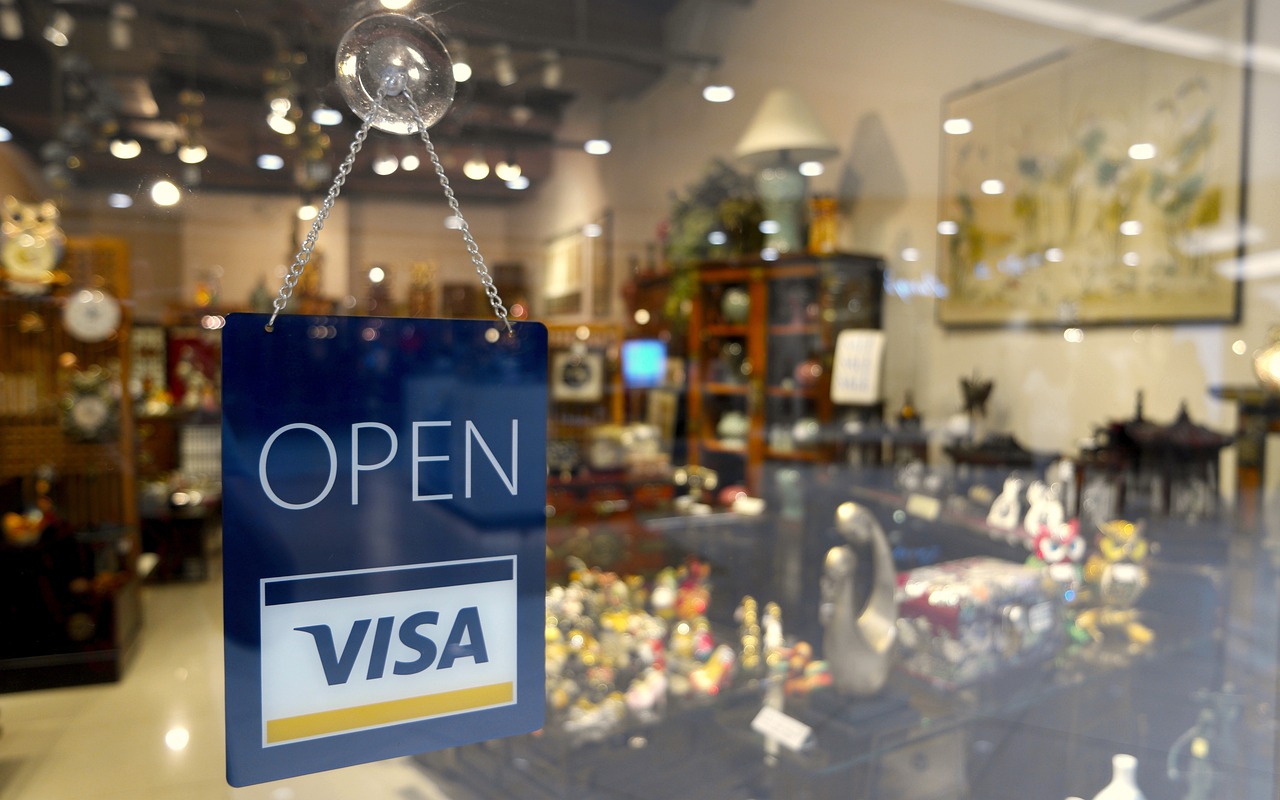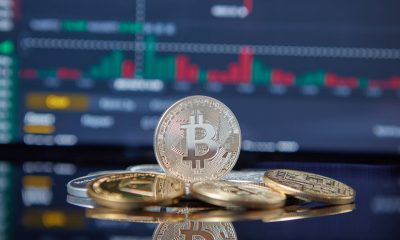Crypto
Visa Sets on Solana for Payment Processing: A Milestone for Crypto and Finance
The partnership between Visa and Solana is more than just a technological innovation; it is a sign of the change that is happening in the financial world. With this development, Visa is setting a new standard for efficiency and innovation in payment processing. It’s an exciting time to watch developments in this rapidly changing ecosystem.

Visa, a giant in digital payments, has taken a decisive step towards modernization and efficiency. By integrating the Solana blockchain into its settlement system, the company is setting new standards in the financial industry. But what does this mean specifically for consumers, merchants, and the crypto world in general? Let’s take a deeper dive.
Starting with a pilot with Crypto.com, Visa has expanded its ability to process stablecoins like USDC. By partnering with merchant acquirers Worldpay and Nuvei, Visa has opened the door to more efficient and cost-effective processing. The live pilots have already moved millions of USDC between its partners across the Solana and Ethereum blockchain networks.
To the end user, the payment process may seem simple and seamless. But behind the scenes, it’s a complex operation that handles billions of transactions daily. Visa’s treasury and settlement systems play a critical role in moving funds between nearly 15,000 financial institutions in more than 25 currencies worldwide.
Read more about the partnership between Visa and Solana and find the latest financial news of the day with the Born2Invest mobile app.
Why Solana? The Technical Advantages
Solana was not chosen at random. The blockchain is known for its high performance, with 400 millisecond block times and an average capacity of 400 transactions per second (TPS). These characteristics make it ideal for processing transactions quickly and efficiently, a key factor in Visa’s decision.
Impact on merchants and acquirers
The integration of Solana and stablecoins like USDC offers new opportunities to merchants and acquirers like Worldpay and Nuvei. They can now process settlements faster and more efficiently, which is especially important for businesses operating in the blockchain and crypto economy.
Visa’s decision to use Solana for settlement could have far-reaching implications for the financial world. It could be the beginning of a new era in which blockchain technology and cryptocurrencies play a central role in global financial infrastructure.
Conclusion
The partnership between Visa and Solana is more than just a technological innovation; it is a sign of the change that is happening in the financial world. With this development, Visa is setting a new standard for efficiency and innovation in payment processing. It’s an exciting time to watch developments in this rapidly changing ecosystem.
__
(Featured image by multifacetedgirl via Pixabay)
DISCLAIMER: This article was written by a third party contributor and does not reflect the opinion of Born2Invest, its management, staff or its associates. Please review our disclaimer for more information.
This article may include forward-looking statements. These forward-looking statements generally are identified by the words “believe,” “project,” “estimate,” “become,” “plan,” “will,” and similar expressions. These forward-looking statements involve known and unknown risks as well as uncertainties, including those discussed in the following cautionary statements and elsewhere in this article and on this site. Although the Company may believe that its expectations are based on reasonable assumptions, the actual results that the Company may achieve may differ materially from any forward-looking statements, which reflect the opinions of the management of the Company only as of the date hereof. Additionally, please make sure to read these important disclosures.
First published in BLOCK-BUILDERS.DE. A third-party contributor translated and adapted the article from the original. In case of discrepancy, the original will prevail.
Although we made reasonable efforts to provide accurate translations, some parts may be incorrect. Born2Invest assumes no responsibility for errors, omissions or ambiguities in the translations provided on this website. Any person or entity relying on translated content does so at their own risk. Born2Invest is not responsible for losses caused by such reliance on the accuracy or reliability of translated information. If you wish to report an error or inaccuracy in the translation, we encourage you to contact us.

-

 Biotech4 days ago
Biotech4 days agoAdvancing Sarcoma Treatment: CAR-T Cell Therapy Offers Hope for Rare Tumors
-

 Impact Investing2 weeks ago
Impact Investing2 weeks agoShein Fined €40 Million in France for Misleading Discounts and False Environmental Claims
-

 Impact Investing1 day ago
Impact Investing1 day agoNidec Conversion Unveils 2025–2028 ESG Plan to Drive Sustainable Transformation
-

 Impact Investing1 week ago
Impact Investing1 week agoVernazza Autogru Secures €5M Green Loan to Drive Sustainable Innovation in Heavy Transport

























